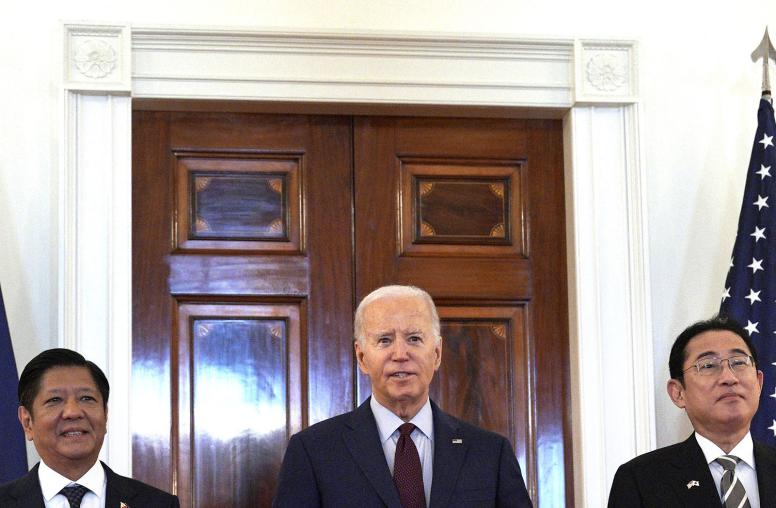Beyond AUKUS and the Quad: What’s Next for the U.S. Indo-Pacific Strategy
A Conversation with Indo-Pacific Coordinator Kurt Campbell in the Aftermath of the Biden-Xi Summit
Read the Event CoverageThe Biden administration has focused considerable attention on the Indo-Pacific region, declaring it central to advancing a range of U.S. economic, political and security interests. This U.S. commitment to allies and partners in the region and the intensifying geopolitical competition with China have animated several new U.S. diplomatic initiatives. The Quad grouping held its first ever in-person Leaders’ Summit in September. And that same month, the Australia-United Kingdom-United States agreement opened the door to sharing sensitive defense technologies with Australia. Together, these groupings are intended to demonstrate U.S. leadership and cooperation in defense, public health, education, infrastructure, investment, high technology and more.
On November 19, USIP held a special event with U.S. National Security Council Coordinator for the Indo-Pacific, Dr. Kurt Campbell, about the AUKUS partnership, the Quad’s development, and next steps for U.S. Indo-Pacific policy in the aftermath of the Biden-Xi virtual summit.
Take part in the conversation on Twitter with #IndoPacificUSIP.
Keynote
Lise Grande, opening remarks
President and CEO, U.S. Institute of Peace
Dr. Kurt Campbell, keynote remarks
Coordinator for the Indo-Pacific, U.S. National Security Council
Stephen J. Hadley, moderator
Former Chair, Board of Directors, U.S. Institute of Peace



